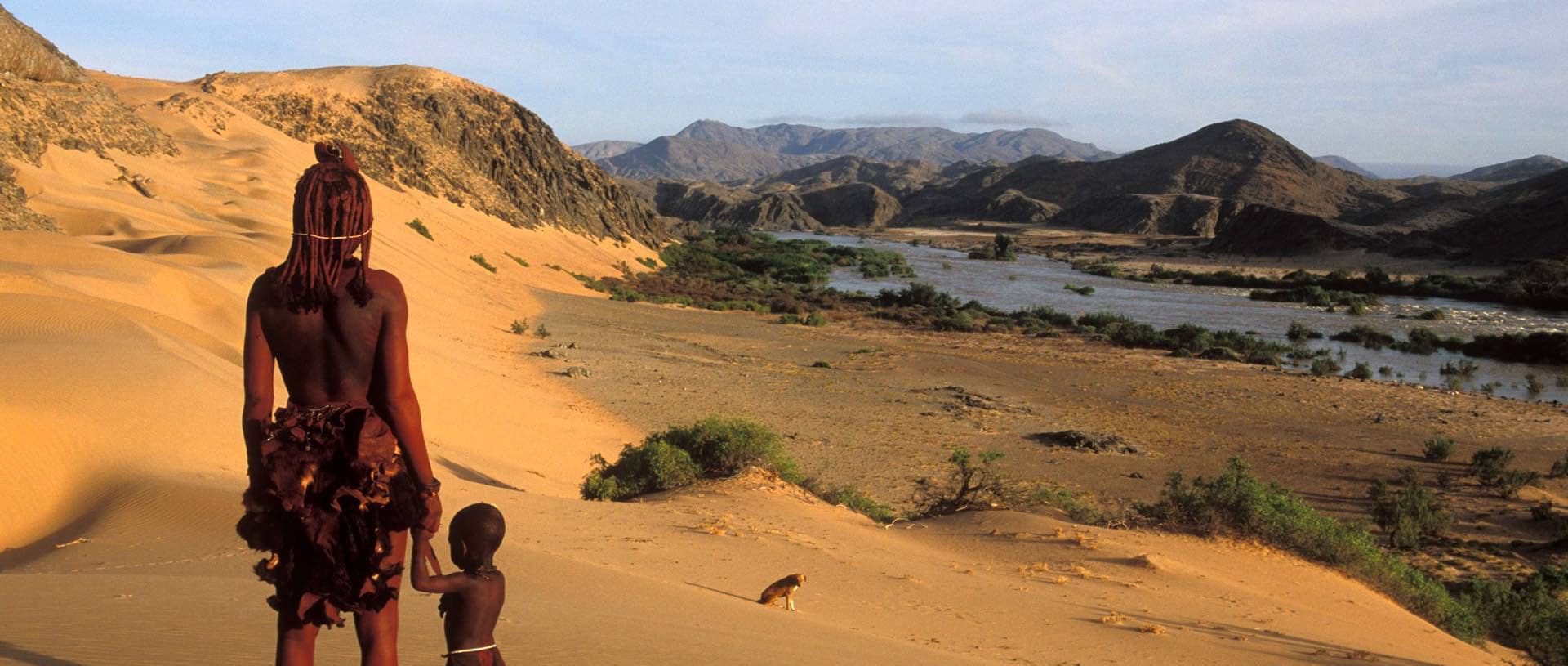




Resource Africa is a proud partner with AVSF and Noe in a project that aims to ensure respect for the social and environmental rights of rural and indigenous communities, which are the basis for community-based, sustainable management of natural resources in southern Africa. Generously funded by Agence Française de Développement (AFD, French Development Agency).
Rights-based approaches to conservation are at the heart of community-based natural resource management (CBNRM) in southern Africa and Ghana. The 30 years of CBNRM implementation demonstrate that when rights to manage, use and benefit from natural resources are devolved to communities and appropriate governance regimes are in place, communities are incentivised to conserve and sustainably manage their biological resources. Recently, the impact of Covid 19 has been devastating as CBNRM relies heavily on nature-based tourism as its main revenue generator.
The project aims to empower rural communities in Southern Africa and amplify the voice and capacity of community leaders in Southern Africa to directly inform and influence policy processes and practices at national, regional and international levels that affect their rights and interests. It will also contribute to increasing the resilience of CBNRM organisations to negative changes and their ability to adapt to emerging opportunities. In doing so, it will enhance conservation, social and environmental justice and promote the resilience of rural livelihoods and economies.

Agronomes et Vétérinaires Sans Frontières (AVSF) is a French association of international solidarity recognised as being of public utility, which has been working since 1977 to support peasant agriculture. Present in 23 countries, AVSF puts the skills of professionals in agriculture, animal husbandry and animal health at the service of farming communities threatened by exclusion and poverty. In this way, AVSF supports their initiatives to obtain better living conditions, sustainably manage the natural resources on which they depend, and participate in the socio-economic development of their territory. AVSF helps them defend their rights and gain greater recognition for their role in society.
NOé is a French non-profit nature conservation organisation that has been working for over 20 years in France and abroad (Ghana, Cameroon, Chad) to protect biodiversity and implement programmes to conserve endangered species, manage protected natural areas, restore ordinary biodiversity and natural environments, reconnect people with nature, and support economic activities and civil society organisations that promote biodiversity.
RESOURCE AFRICA is an African NGO founded in the 1980s with the aim of promoting community-based natural resource management (CBNRM) and its capacity to meet the triple objective of biodiversity conservation, poverty reduction and good governance. Its strategy is to ensure that the perspectives of marginalised rural communities are heard and influence policy processes on the basis of sound science supporting sustainable use as a conservation strategy. The association currently works in 9 countries in southern Africa: Angola, Botswana, Malawi, Mozambique, Namibia, South Africa, Tanzania, Zambia and Zimbabwe.
The other co-funders of the project are Resource Africa (35.4%) and AVSF (4.5%).